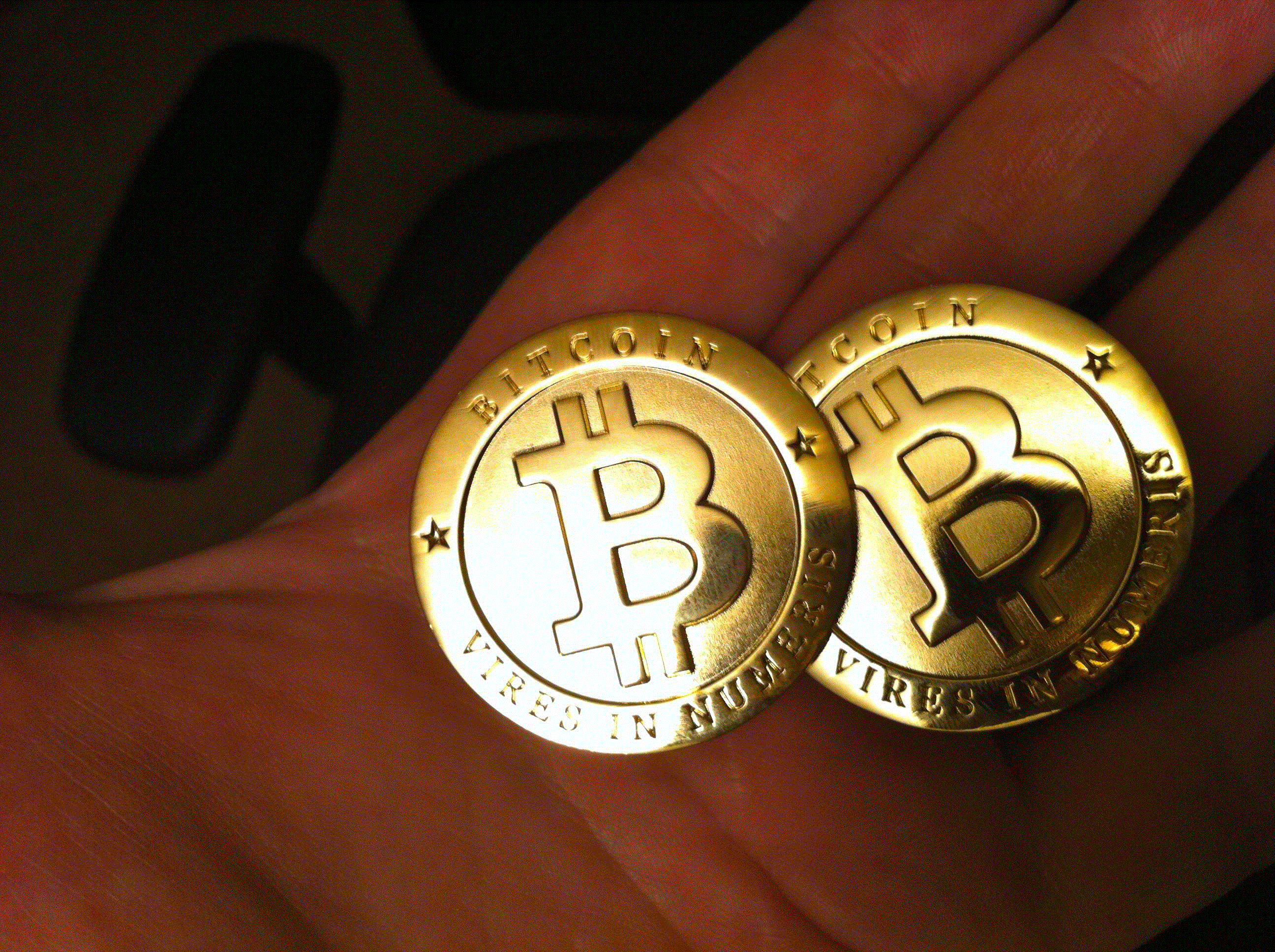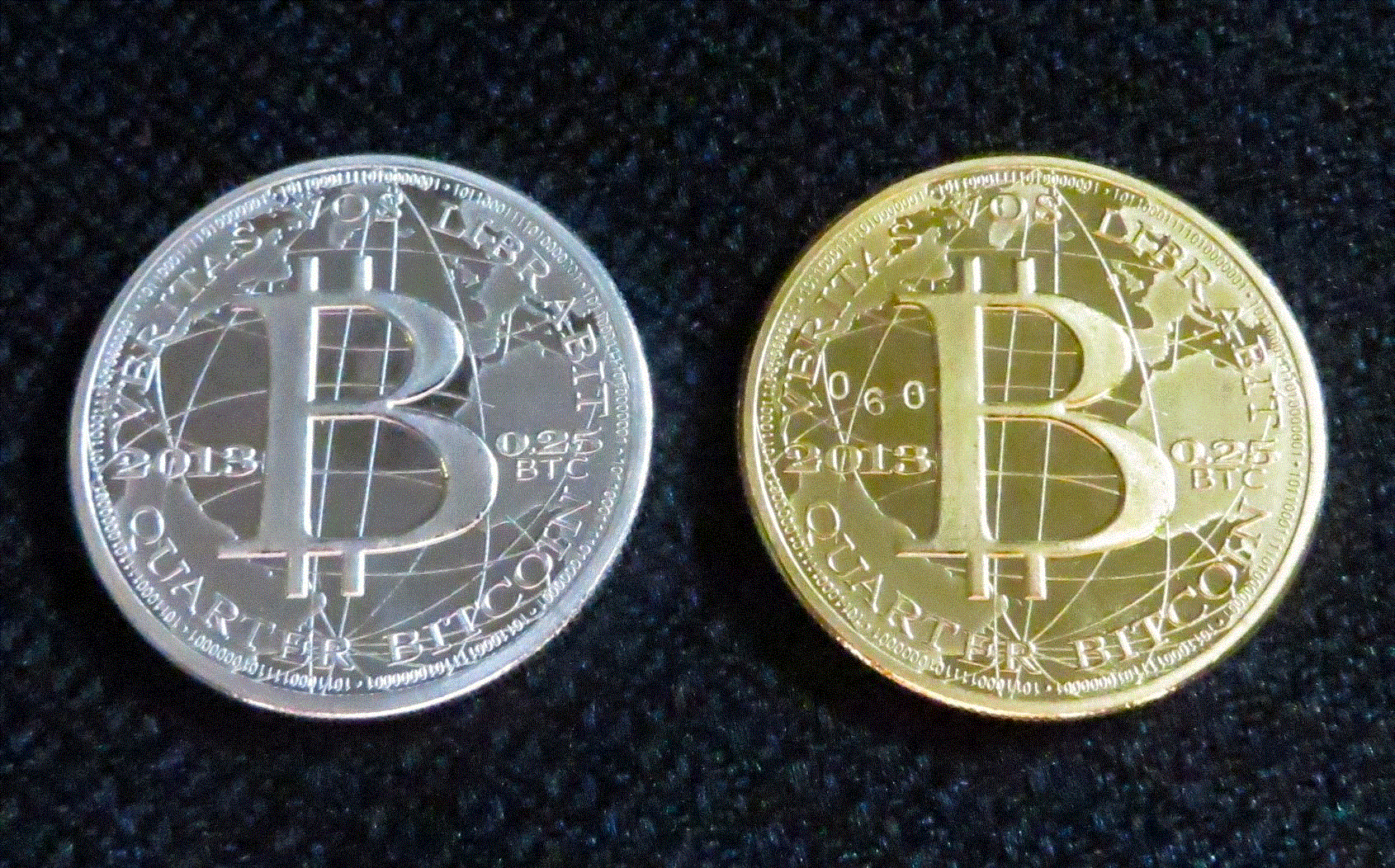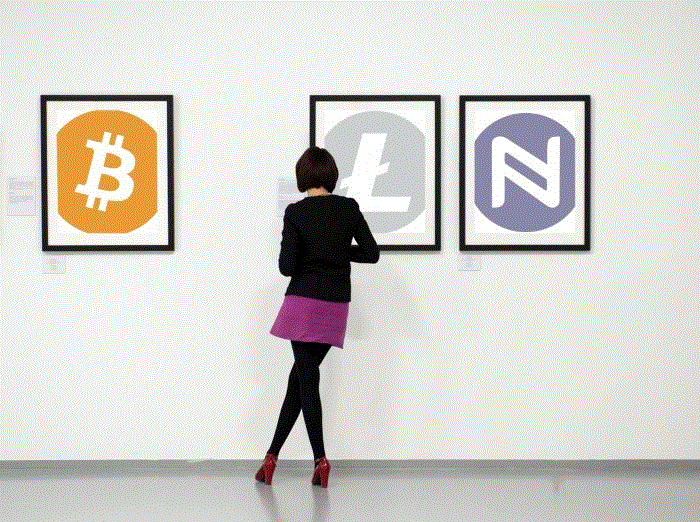Bitcoin Cash. In January 2009, the first and most famous digital currency, bitcoin, was born. During the first year its price was practically zero, in February 2011 it was trading at one dollar. Since then, its growth has been exponential, on August 13, 2017 the cryptocurrency was trading at $ 4,040.
In March 2010, the user "SmokeTooMuch" tried to sell 10,000 bitcoins for $ 50, but could not find a buyer ... If some "brave" had bought them ...
This growth has generated scalability problems on the Bitcoin platform, operations are no longer running smoothly. Payments take a long time to make and commissions have increased.
The digital currency community has been discussing these capacity issues related to its implicit technology, Blockchain, for years. Each of the blocks in the chain has a space of 1MB, this means that no more than seven transactions can be processed in one second.
With the increase in cryptocurrency users, this capacity limit has generated waiting queues. This produced two fronts within the platform:
Supporters of 1MB blocks (as before). They defend not expanding the storage of each chain (continue with 1MB), since it would generate higher costs for the miners and would cause control to remain in the hands of a few. The essence of Bitcoin is to be decentralized.
Blockers with higher capacity. They argue that many more than seven operations per second are achieved. They want transactions to run smoothly, reducing costs and avoiding waiting lines.
In the midst of this debate, in 2017 tests were started with SegWit2X technology, which generates a capacity of 2MB blocks (it would approach 14 transactions per second).
Supporters of increasing capacity felt that it was not enough and decided to create a new digital currency: Bitcoin Cash. Which has a maximum capacity limit of 8 megabytes.
Bitcoin Cash, the new digital currency
On August 1, 2017, bitcoin was spun into two cryptocurrencies: Bitcoin and Bitcoin Cash. Bitcoin owners saw their balances double: the one that had 1 bitcoin on July 31, the next day it owned a unit of each cryptocurrency.
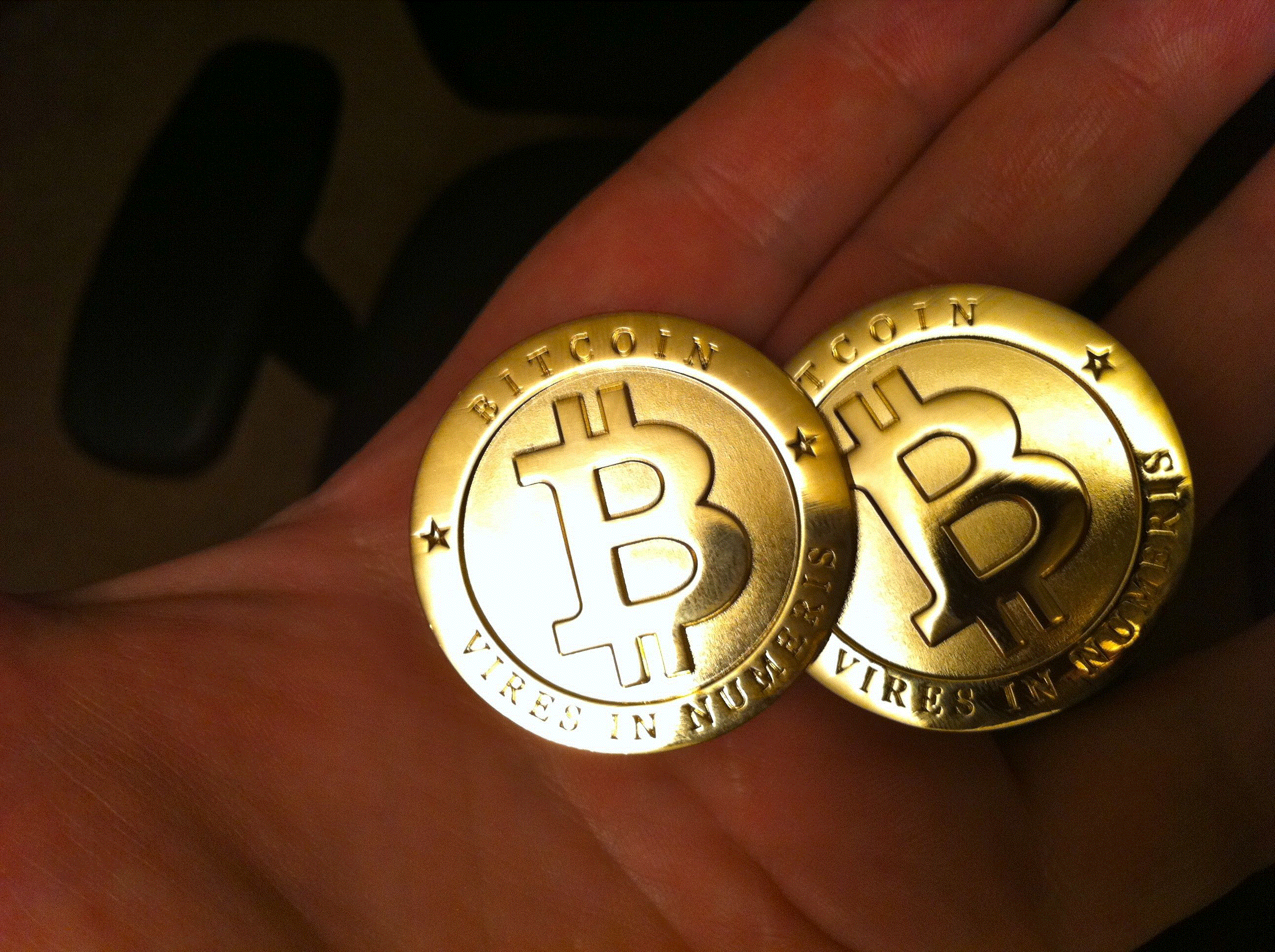
Bitcoin Cash has the same code as the original version. It maintains the main characteristics provided by Blockchain: decentralized, anonymous and permanent (it does not allow modifications). But the new version is totally incompatible with the original, each one goes its own way.
The main difference between the two cryptocurrencies lies in the capacity of each block. The new version has 8MB and the original 1MB. Although in November 2017, it is expected to implement the SegWit2X technology, which will contribute 2MB to Bitcoin.
On the first day of August, the new cryptocurrency began to trade and despite the doubts generated, its value exceeded $ 700, ranking as the third cryptocurrency (behind its twin, bitcoin and Ethereum). The price of digital currencies is characterized by enormous volatility and as of the second day the currency fell to around $ 300, ranking fourth.
Bitcoin Cash, main challenges and conclusions
The new digital currency has myriad challenges to establish itself as a real alternative to Bitcoin. Here are some of them:
Support from the user community
Bitcoin Cash has to earn the trust of digital currency users. Its objective is to consolidate itself as a means of payment, becoming a real competition for the most used digital payments today: PayPal, mobile payments, credit cards, ...
As we mentioned in the post of "B the cryptocurrency of change", more and more countries want to promote payment with cryptocurrency. But its use is not really taking off. The new digital currency aims to make its use more dynamic by eliminating the scalability problems that Bitcoin currently has.
Support of cryptocurrency exchange companies and businesses
As with users, any cryptocurrency needs the support of exchange companies in order to be in the market.
Businesses and businesses that use Bitcoin have the dilemma of choosing which currency to operate with ... VHS or Beta? Perhaps the two currencies can coexist together ...
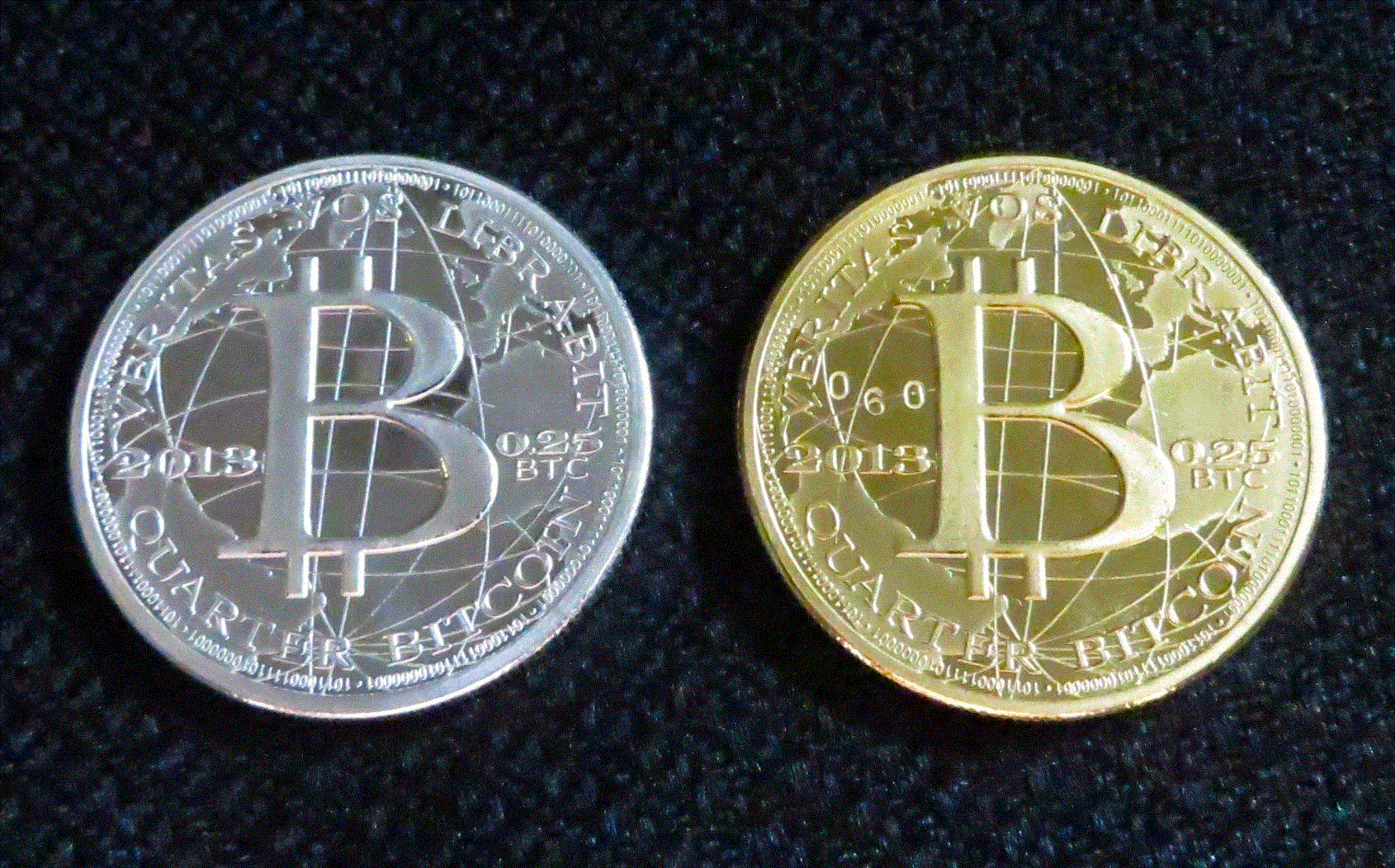
Miner support and need for higher capacity computers
Bitcoin Cash also needs the support of miners to confirm operations in exchange for a reward in the form of newly minted coins. The miners have the same dilemma as the other participants, which cryptocurrency to opt for.
In addition, the new digital currency incorporates larger blocks (8MB), so miners need computers with greater storage capacity.
Large companies will have no difficulty in servicing the new cryptocurrency, but small ones may be left out. This means that a select few would be in control and "let in on" the decentralization of Bitcoin Cash.
Competition from other digital currencies
In addition to its twin, Bitcoin, other cryptocurrencies "are hitting hard." This is the case of Ethereum, which through its smart contracts and its Ether currency, is fighting for the first position of digital currencies.
Ripple is in third place, but there are other digital currencies to be taken into account such as NEM or Litecoin. In addition, as has already been demonstrated, a new disruptive cryptocurrency may appear at any time to revolutionize the market.
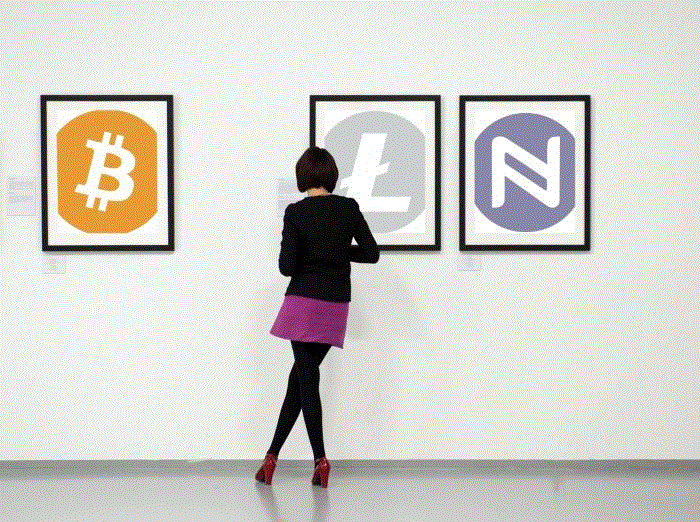
The battle between the two cryptocurrencies is served. The original has the trust of users, being the first and number one for years. The new one has the capacity to carry out many more operations per second with the same qualities as the original, although it has challenges pending.
Who will win the battle? VHS or Beta? Bitcoin or Bitcoin Cash? or can the two cryptocurrencies really coexist together ...
